On Wednesday 24th April, the Climate Action group were delighted to visit the ‘Smart’ Blue-Green Roof, by Polypipe Civils and Green Urbanisation, on the Bloc Building in Manchester. We were fortunate to be joined by Nicholas Wright from Polypipe Civils and Green Urbanisation to tell us more about the product.
About the ‘Smart’ Blue-Green Roof
The ‘smart’ blue-green roof is a ground-breaking climate and water resilient research roof that has been retrofitted to the Bloc building, becoming Manchester’s first wildflower roof and improving both biophilia and wellbeing. The roof’s installation enables water to be drawn from the attenuation layer to support surface planting, creating a sustainable environment for plants and wildlife to take root.
This product has been designed to address the challenge of rainwater and drainage in towns/cities where ground space is at a premium yet there are requirements to address the ecological and climate change crisis.
It is a data driven solution, optimising opportunities to provide benefits at both ends of the water issues that are faced by climate change (both too little and not enough water). This system slows down the water drainage process to reduce the amount of water being drained away and enable it to be put to better use and improve sustainability.
To read more about the ‘Smart’ Blue- Green Roof on the Bloc building, visit the Polypipe Civils and Green Urbanisation website.
The Benefits of a ‘Smart’ Blue-Green Roof
- Lowers flood risk
- Enhances biophilia and wellbeing
- Improves biodiversity in dense urban landscape
- Protects green areas during drought periods and enhances air quality
- Creates healthier and more resilient environment

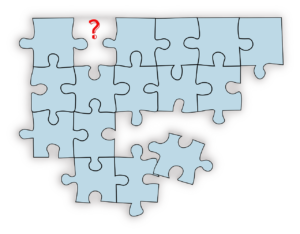
Potential Challenges
- Still an emerging concept
- Limited blue roof design capability in the industry
- Lack of industry guidance
- BS6229 Flat Roofs- for blue green roof to work at optimum, it has to be flat
- Varying standards of installation- has to be designed as a single system
- Potential water ingress
- Warrantees- where do they sit & how tight
The ‘Smart’ Element
Sustainable Drainage Systems (SuDS) operate with 4 key pillars, which are water quantity, water quality, amenity and biodiversity. Polypipe Civils and Green Urbanisation believe there should be a 5th pillar; Smart.
There are 3 different types of ‘smart’ systems which can be used as water drainage systems:
- Passive– a rainwater harvesting tank with no attenuation or peak flow benefit.
- Active– a system which introduces a weather forecast or sensor element, which works alongside an automatic water release system, i.e smart water butts.
- Technological– this type of system contains artificial intelligence and digital twins that optimise both the attenuation and rainwater harvesting systems. This enables the system to keep learning and adapting to optimise its effectiveness.
Initial Results from the ‘Smart’ Blue-Green Roof
As a research roof, this project is being analysed and assessed to establish how storing and re-using rainwater at roof level can reduce the volume of surface run-off entering its sewer network.
The initial results show:
Summer: The first vegetation on the roof in the summer resulted in greater amounts of water usage than anticipated. There was an average reduction in rainfall discharge of 90%.
Winter: There was an average reduction of 44.5% in the volume of water discharged to the local sewer network at peak flow times. This could be due to the roof vegetation’s reduced need for water in the colder months.
The benefit of the ‘smart’ system is that, as the water usage changes, due to increased vegetation, growth and maturity, the roof will learn and adapt to this.

Get Involved
If you have an interest in sustainability and tackling the Climate Crisis, we highly recommend coming along to one of our Climate Action group events, next taking place on 11th June.


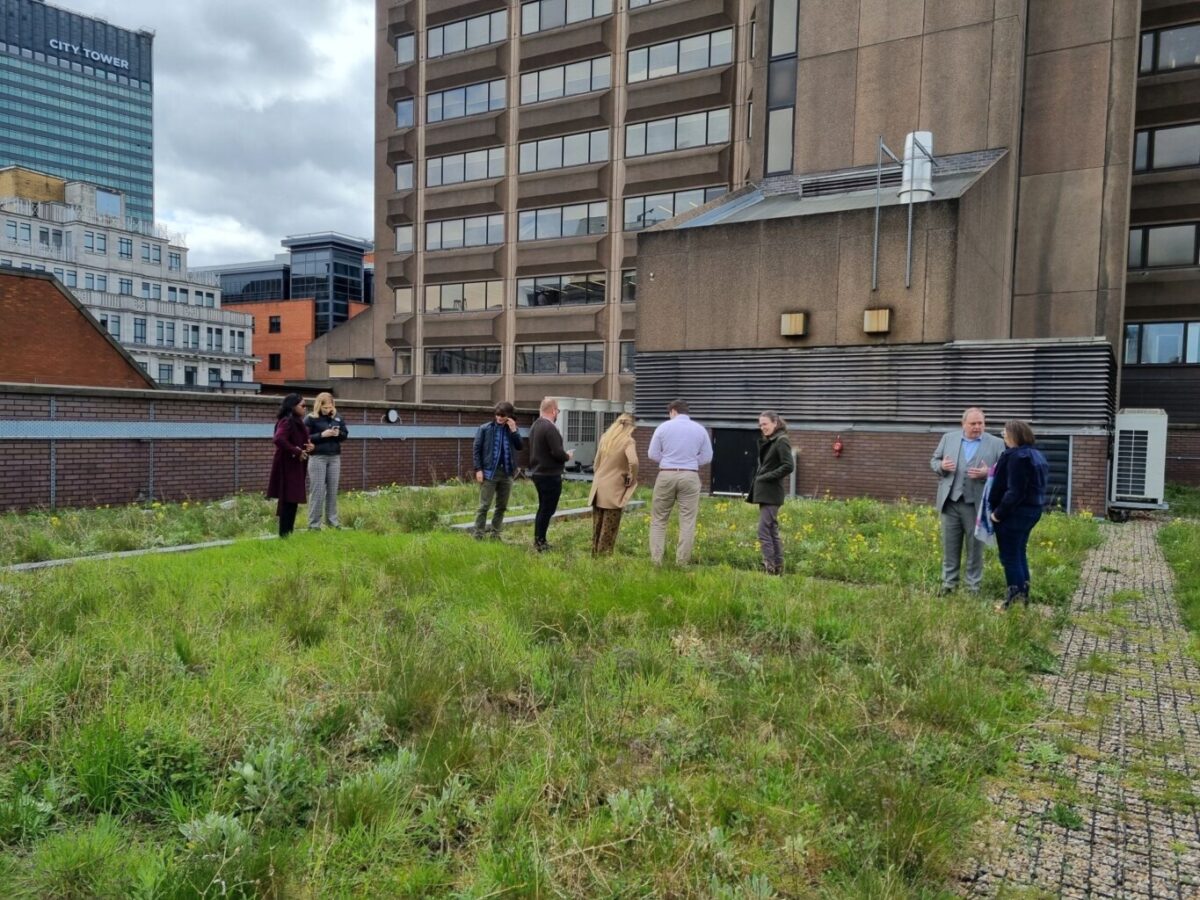

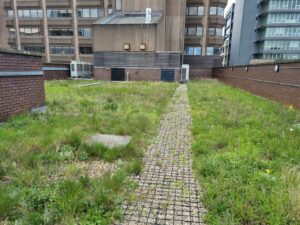
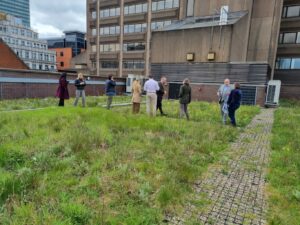
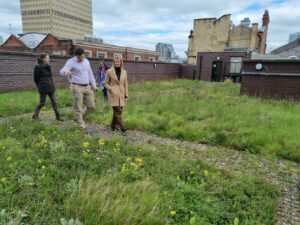
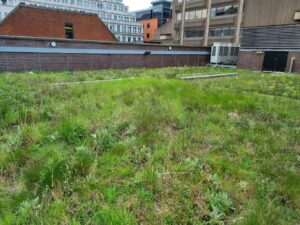

Comments are closed.